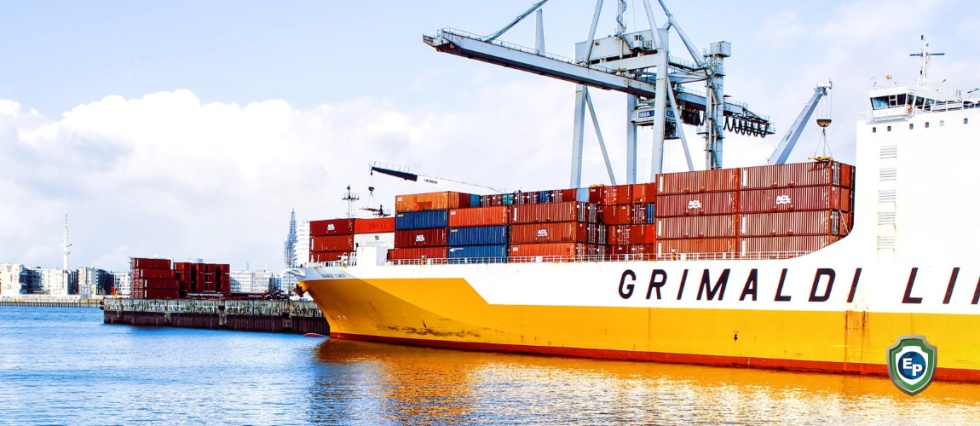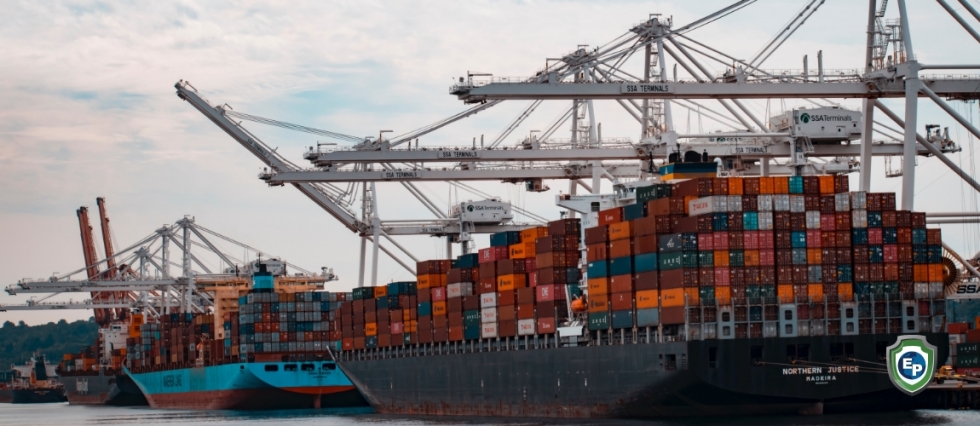Foreign Trade Risks and How to Manage Them
Foreign Trade Risks and How to Manage Them – The purpose of this article is to discuss the various risks that exist in international trade and how they can be managed.

Does your business have the plan to expand internationally? Globalization opens up countless opportunities. According to statistics, export companies increase their production by 34% on average within the first year. Compared to businesses with a local focus, they are more likely to survive in the long run.
You'll deal with a lot on this voyage, including money, credit, intellectual property, transportation, logistics, and ethics. We must stress, though, that there are risks associated with foreign trade. The success of your brand's trade management will be ensured by being aware of these foreign trade risks and taking action to reduce them.
So let us look at the ways you can minimize foreign trade risks.
Make Sure That the Distribution of Your Products Is Permitted
Is it legal to conduct business with your goods in the relevant country? This is the first thing you need to confirm. For instance, the EU has strict import and export control laws that make it impossible to import numerous products from China. Your company must abide by the rules in each country. Otherwise, you would waste a lot of time and money preparing a project that could never be completed.
Reading the pertinent laws and regulations or contacting the customs services are two ways to become familiar with the rules.
Give Legal Aspects of Business Expansion Priority
Each state has its laws governing foreign companies. Legislators establish the import and export control rules and regulations governing customers, sales, and industry-specific details. It's crucial to be prepared and aware of all these specifics. Make sure you adhere to the laws of the country where you expand the brand while creating your strategy and writing the initial contracts. You should also be knowledgeable about potential legal issues and how to resolve them. In their different countries, business owners typically employ attorneys. A lawyer from your own country may have contacts and be able to provide you with the information you require.
Purchase shipping insurance
You consider the costs of manufacturing, shipping, marketing, sales, and selling your products abroad. On paper, everything appears to be okay. However, there is a risk that company owners often ignore: damage during delivery. During transportation, items could shatter or get lost. Your shipment could be the target of theft or even vandalism. Contamination and accidents frequently happen while being transported. You risk losing a lot of money if you don't secure good insurance for your shipment. Proper insurance is a costly undertaking. Speak with many companies to receive the most terrific deal on overseas shipping. To spread out all costs, including insurance, over a longer time, we advise using the finest finance applications. These apps will help you calculate a decent budget and determine a final price that will leave little space for losses.

Consider All Currency-Related Things
The official currency of your own country serves as your guide when making financial arrangements for foreign trade. You concentrate on assessing the credit risks, but like other business owners, you can overlook the possibility that currency changes could also result in losses. Nobody could have foreseen that. However, you can calculate prospective losses by analyzing the movement of the key currencies. You should consult with a financial professional to make these assessments.
Evaluate the Protectionism Risk
Trade protectionism is a policy for protecting domestic industries from foreign invasion. For instance, if a country boosts its domestic wheat milling business, it would impose foreign traders with import quotas, tariffs, and other restrictions. Governments take this action because they don't want domestic companies to suffer due to foreign companies driving down market pricing. It would help to educate yourself on these regulations to plan for worldwide exposure. It would help if you accounted for the additional costs to determine a reasonable final price. Will it be appropriate for the country's standard of living?
Register the Corporate Names and Trademarks
You run the danger of breaching the intellectual property rights of another brand when conducting business abroad. By registering the names and trademarks of your company, you can prevent that. You are free to sell the products on the relevant market if that procedure continues unhindered.
Analyze International Ethical Standards
Consider the various ethical norms you'll encounter when selling your items globally. Israel, for instance, has a vibrant vegan culture. It is not a good idea to trade fur there before evaluating the risk of getting your brand dragged through discussions as unethical. Learn everything you can about the social mores and traditions of the country where you intend to expand.
Invest Time and Resources in Collaboration
Business owners frequently need to pay more attention to the necessity of obtaining thorough guidance by working with overseas lawyers and governmental agencies. They either need to remember that getting insider information is essential before going global, or they are trying to save time and money. You need to deal with industry insiders who are knowledgeable about the business and can assist you in developing a solid network of connections.
Learn about International Business Customs
Intercultural differences significantly influence success in foreign trade. You could be used to a straightforward, polite attitude mixed with a dash of humor. However, such a tactic can be viewed as unprofessional or even disrespectful in another country.
When entering a new market, you must get familiar with business etiquette. Although you can get this information online, it's advisable to consult a business advisor native to the target country. Someone familiar with the target area and the communication standards in the particular business will be able to provide you with the right advice. Additionally significant are the country's politics, economy, and culture. Learn as much as you can to enable you to initiate and sustain fruitful dialogue with prospective partners.
Stay Informed with Export Portal!
Export Portal continues to expand its services and support SMEs in unlocking new opportunities to export and import products worldwide. We are always available to help you with all your business needs and give practical advice.


















Comments 1